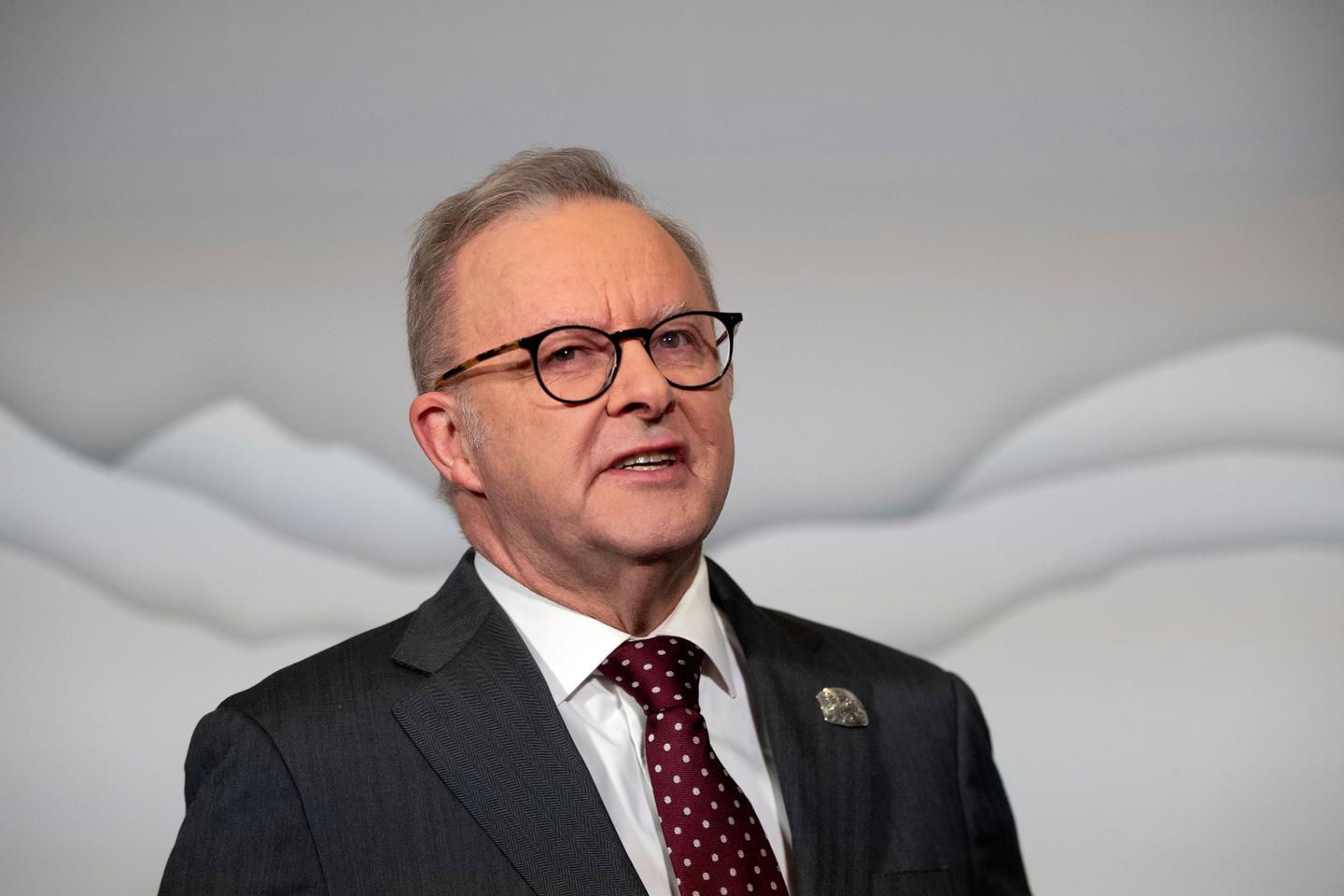


In politics, drawing parallels with universally respected icons is often more effective than building long arguments. Australian Prime Minister Anthony Albanese demonstrated as much on Saturday, July 5, as debate raged in his country over the future of Canberra's relationships with the United States, China and Europe.
Albanese paid tribute to his distant predecessor John Curtin, also a Labor Party leader, on the 80th anniversary of Curtin's death. On December 27, 1941, three weeks after the Pearl Harbor attack and in the midst of the Pacific War, Curtin published a now-famous article in the Melbourne Herald urging Australia to "look to America." In reality, this was a way to avoid leaving his country's fate in the hands of Churchill. In February 1942, Curtin stood up to the British prime minister, who had claimed the right to deploy Australian troops to Myanmar, and insisted they be brought home to defend Australia.
Curtin's message, as Albanese interprets it today, was that "Australia's fate would be decided in our region. (...) This was a Pacific war. (...) Our security could not be outsourced to London, or trusted to vague assurances from Britain."
Replace "London" with "Washington," and the message is rather clear. Albanese, comfortably re-elected in May over a conservative opponent who boasted of good relations with Donald Trump, does not appreciate the dictates of the 47th US president. In a country that, like Japan, is key for the US presence in the Indo-Pacific, doubts about the strength of the alliance with Washington have come to the fore.
Trump treats his allies in the Indo-Pacific like those in Europe: with intimidation and blackmail, from ultimatums in military cooperation to tariff wars in trade relations. The result is the same: a breakdown in trust.
US Secretary of Defense Pete Hegseth's remarks at the annual Shangri-La Dialogue security forum in Singapore on May 31 had an effect on the US's Asia-Pacific allies akin to that of Vice President JD Vance's address to European allies in Munich in February: chilling and domineering. Declaring the Indo-Pacific the "priority theater" for the US, and calling the Chinese threat "imminent," Hegseth urged them to follow the example of NATO allies, "even Germany," who have committed to raising their defense spending to 5% of GDP. Australia is currently spending 2% and aiming for 2.4% by 2033.
You have 55.46% of this article left to read. The rest is for subscribers only.
